February 25, 2024
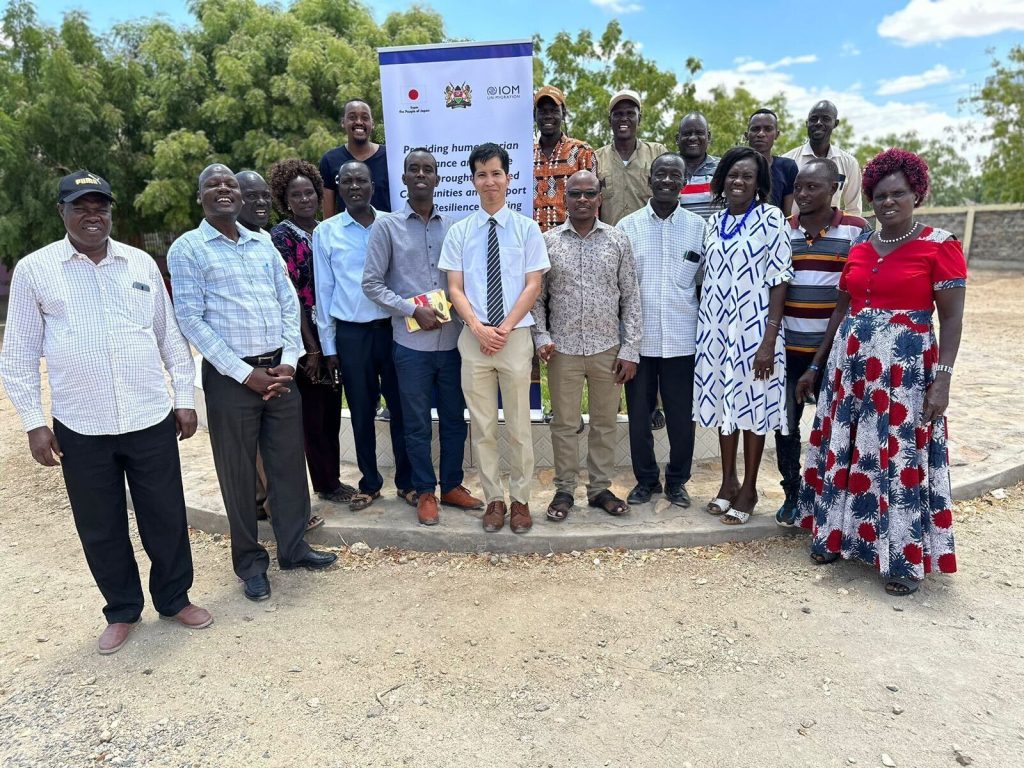
The Kenya division reports on our efforts in Turkana and Garissa counties, two areas affected by climate change and conflict.
Overview of initiatives and background in Turkana and Garissa counties
The Kenya Division has been working to prevent radicalization by supporting income generation for unemployed youth, including gang members, as well as to support the rehabilitation and reintegration of terrorism-related inmates in prisons. Although Kenya is not an area of intense conflict, it is one of the important countries in promoting counter-terrorism measures, as the Somali-based non-state armed group Al-Shabaab is carrying out attacks, recruiting combatants, and even selling weapons to local people.
Turkana County (bordering South Sudan) and Garissa County (bordering Somalia), where we carried out our activities this time, are located in arid regions, and many of the local residents are livestock farmers. Severe droughts caused by climate change in recent years have led to the deaths of many livestock due to lack of water and pasture, significantly impacting the livelihoods and food security of the local people. In this environment, conflict between ethnic groups and clans over water and pasture, as well as fights over livestock, are becoming more frequent, deteriorating security in the region and increasing the risk of malnutrition and starvation.
To address this issue, we were commissioned by the International Organization for Migration (IOM), a United Nations agency, to conduct conflict management workshops for local communities, as well as vocational and business management training aimed at generating sustainable income.
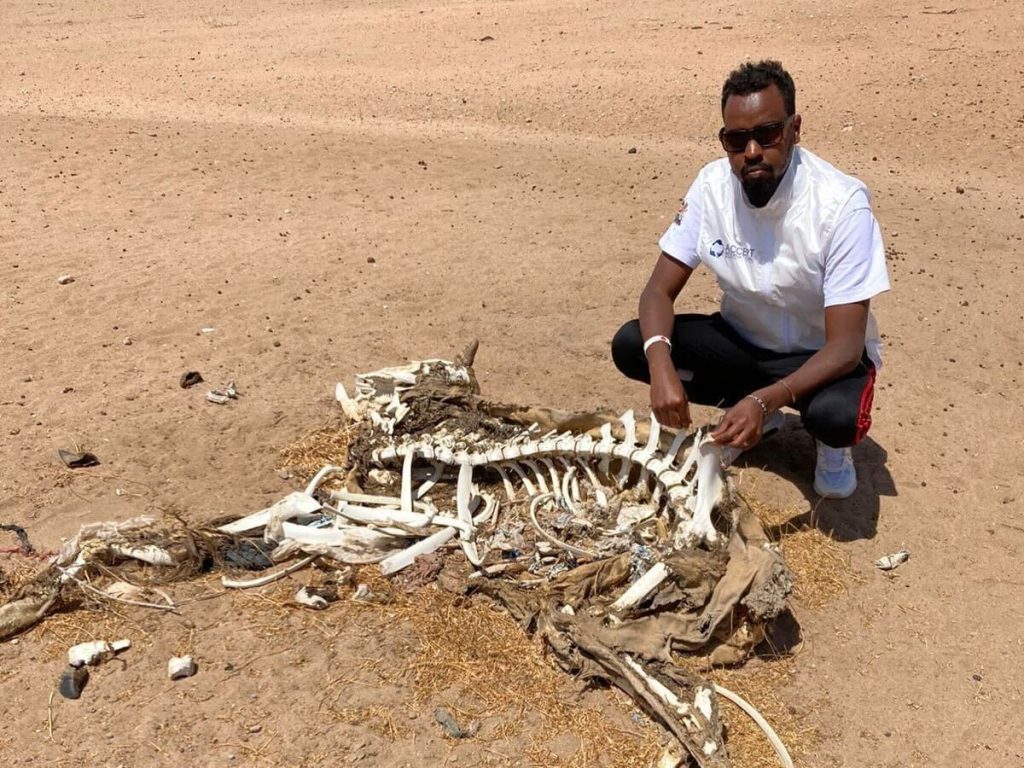 ▲The local situation affected by the drought.
▲The local situation affected by the drought.
Holding conflict management workshops
A total of four conflict management workshops were held in Turkana and Garissa counties, with participation from a wide range of stakeholders essential to peacebuilding, including local elders, government officials, former combatants, young people, women leaders, people with disabilities, and community organizations.
In both counties, conflict and struggles over livestock have occurred between different ethnic groups and combatant groups in order to protect the food and livelihood of their own people and combatant groups.
So, drawing on the knowledge and experience we gained from our work in Somalia and elsewhere, we conducted training in conflict analysis methods, ways to respond to climate change, dialogue skills, and more. We also worked together to develop action plans to realize peaceful local communities. After the workshop, several participants commented that the experience was extremely meaningful, saying things like, “My understanding of conflict and climate change has increased, and creating the action plans has clarified the direction of our future peacebuilding efforts.”
A follow-up session was held two months after the workshop, during which participants were given lectures on how to write proposals and applications so that they could obtain funding for peacebuilding without relying on support from external NGOs or international organizations.
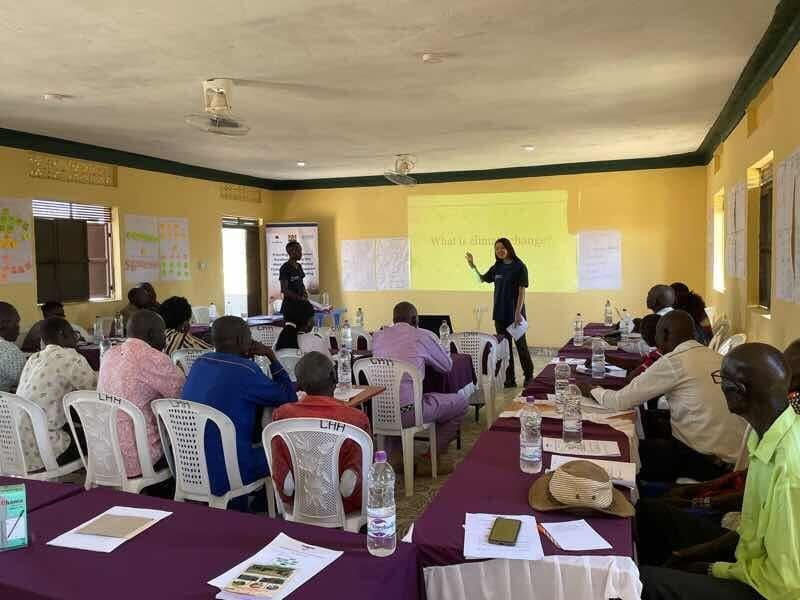 ▲A conflict management workshop.
▲A conflict management workshop.
Vocational training and business management training
Another pillar of the project was the provision of vocational and business management training to support income generation for vulnerable young people affected by climate change.
A total of 48 young people were selected from both counties who, despite being highly vulnerable, had the will to take the lead in tackling social issues as youth leaders in the future. In collaboration with local skilled craftsmen, they received vocational training in welding, plumbing, tailoring, hairdressing, and henna tattooing, according to their individual needs.
We also provided them with three days of business management training to help them develop appropriate business plans and start and develop their businesses. The training included lectures on market analysis, sales strategies, the importance of hospitality, fundraising methods, and bookkeeping methods related to business and financial management. This training was an enhanced version of the knowledge and experience gained from previous training sessions on mobile phone repair and business and life skills conducted by the Kenya division.
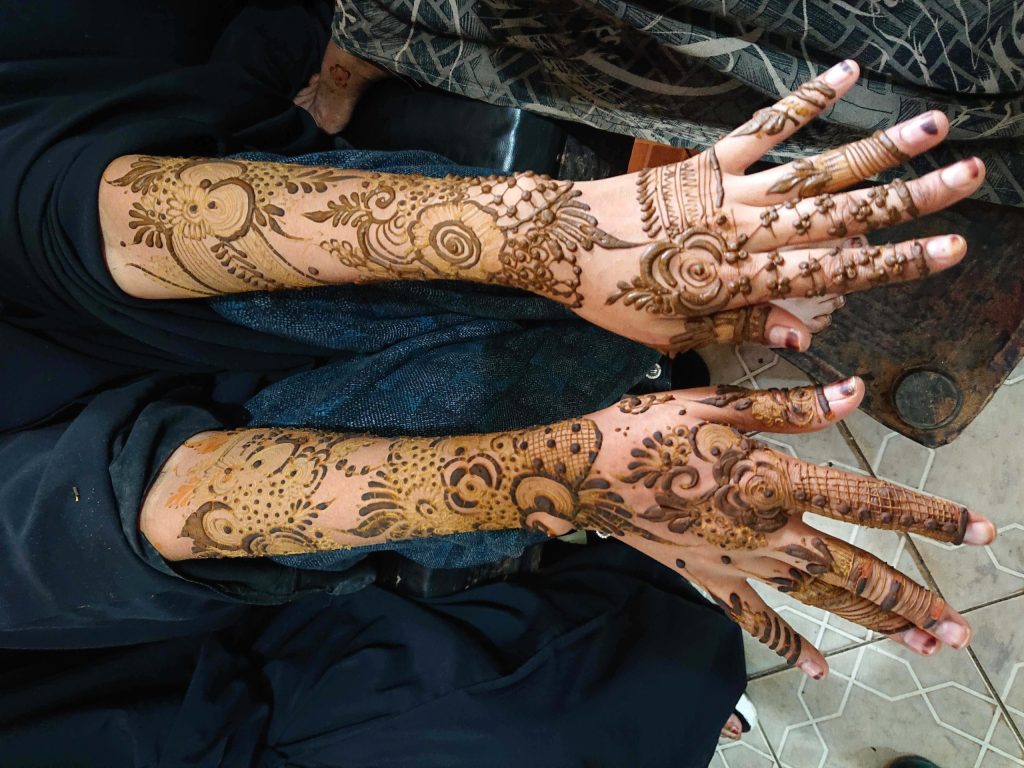 ▲An example of a henna tattoo.
▲An example of a henna tattoo.
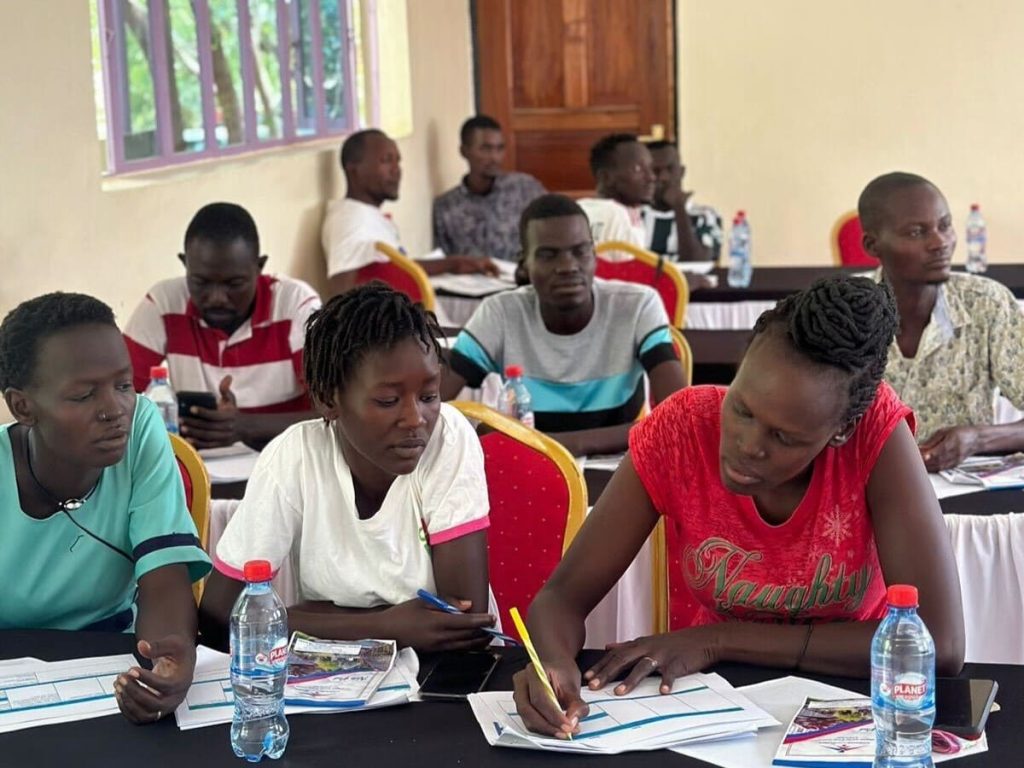 ▲Business management training.
▲Business management training.
Furthermore, at an equipment handover ceremony held in January this year, attended by local government officials, community representatives, and IOM representatives, startup equipment tailored to each skill area (such as carpentry tools like hammers) was provided to young people who had completed vocational training, as initial support for starting their own businesses. In addition, participants from each training course presented their business plans and shared their aspirations for the future.
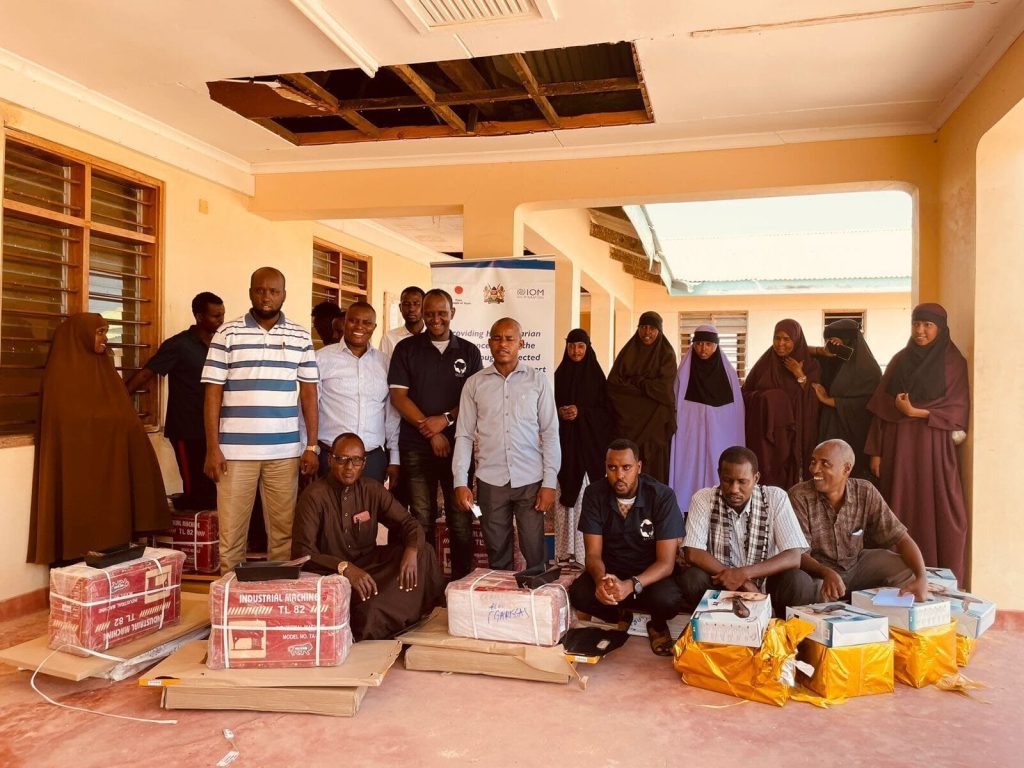 ▲The equipment handover ceremony.
▲The equipment handover ceremony.
It is not uncommon for the young people like the participants to take up arms due to economic hardship and the resulting social isolation. With this in mind, this initiative aimed to contribute to peace and strengthen resilience to climate change by promoting local economic development and youth independence. Participants also expressed a strong desire to actively contribute to their local communities through business, and the synergistic effect with the conflict management workshop made this an extremely valuable experience.
Looking ahead
This is Accept’s first project focused on climate change, and we hope to continue to leverage the knowledge and network we have gained through this project to expand our initiatives in this field and maximize its impact.
We will continue and accelerate our activities to break the cycle of hatred, so we appreciate your continued support.
Activity Reports










